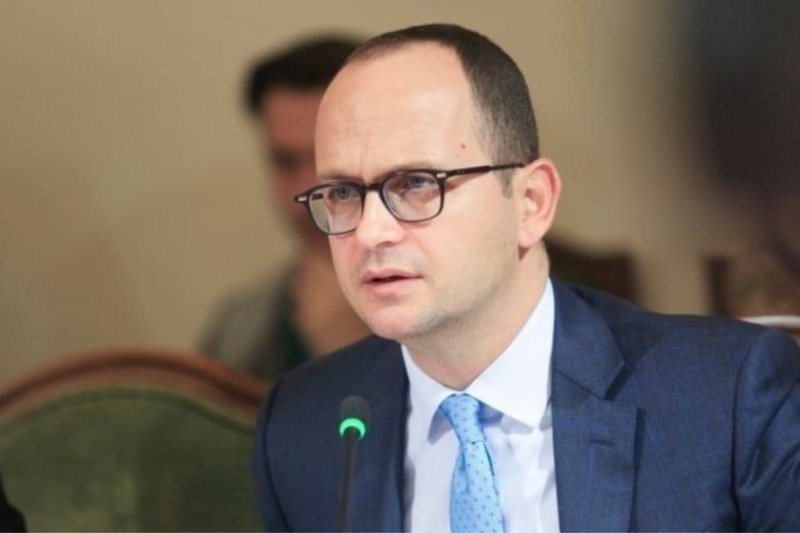'With a Cool Mind, But a Fiery Heart'
Talat Xhaferi, once commander of the “Forina”, today is going down in history as the first Albanian prime minister of the government in North Macedonia. An extraordinary development for Albanians, as the strongholds of ethnic monopoly fall, to work for a common future.
The democratic transformation of North Macedonia is closely related to the role and contribution of the Albanians as a state-forming community, who have been marginalized. Although the Ohrid Agreement marked the end of the inter-ethnic conflict, pushing North Macedonia towards the path of stability, its implementation encountered opposition from the exponents of Macedonian nationalism that dominated political life for a while. For Albania, the implementation of the Ohrid Agreement has been a primary issue of security, inter-ethnic understanding and democratic stability with an impact on the entire region.
For this reason, thanks to our insistence, its full implementation was included as a criterion for North Macedonia's membership in NATO, in the Wales Summit document, in 2014. Although we were criticized internally, for allegedly being an obstacle to our neighbors in the Euro-Atlantic path and we were not understood by all NATO allies for this attitude, time proved us right.
The platform of the Albanian political parties in North Macedonia, signed in January 2017 and supported by Albania, gave a breath of fresh air to the democracyof the neighboring country, which was under the hoof of nationalism and completely blocked on the Euro-Atlantic road. All those who opposed that platform or accused Albania of involvement in the internal affairs of the neighboring country proved wrong. Thanks to the wise political action, the Albanians proved that they are the cornerstones of democratic stability and the dictates of North Macedonia's Euro-Atlantic path.
The Prespa Agreement, which put an end to the dispute over the name issue with Greece, the Treaty of Friendship with Bulgaria, which addresses identity issues, would not have been possible without the role and political contribution of the Albanians in North Macedonia. As a result, it would not be possible to have North Macedonia in NATO and at the negotiating table for EU membership. On the internal level, during these years, the castles of ethnic monopolies fell one by one.
We must not forget that when the speaker of the Parliament of North Macedonia, Talat Xhaferi, was elected for the first time, a “coup” was organized by the nationalist crowd, which entered the parliament and attacked the MPs. Yet, when Talat Xhaferi was elected for the second time as Speaker of the Parliament, it was no longer news, because this was considered something normal. The same can be said for other key and representative positions of the state that are held today by Albanians, with the hope that in the future they will be considered as normal in the process of a functional multi-ethnic democracy.
The Albanian journey in North Macedonia during the last twenty years reminds me of the interesting conversations with Ali Ahmet, who believes that “politics should be done with a cool mind, but a fiery heart”. Inter-ethnic representation and cooperation has not yet reached the point of no return, especially in terms of security institutions, participation in the country's economic life and the expansion of the welfare base in society. Political pluralism among the Albanian factor is healthy and promotes progress. Its political representation in the next parliament should ensure the continuation of North Macedonia's western course. As the progress of the Albanians' rights is closely related to the European journey of North Macedonia.













